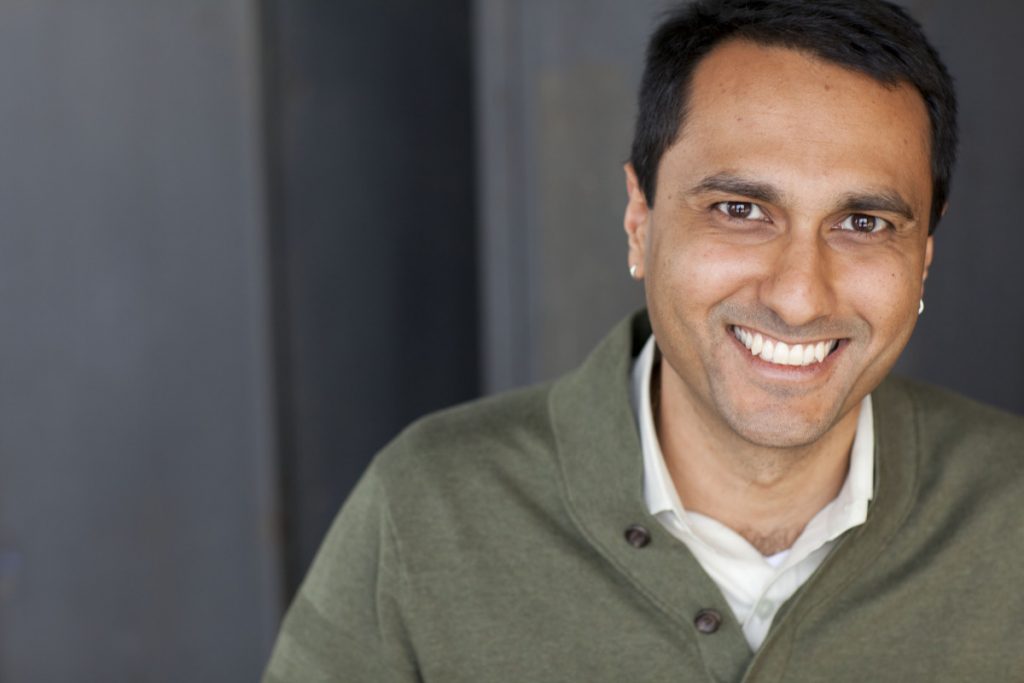America was created on the basis of religious freedom, back to the 17th century when the pilgrims first arrived from England. Eboo Patel, founder of Interfaith America, author and former member of President Barack Obama’s inaugural Advisory Council on Reform of the Faith-Based and Neighborhood Partnerships, will open the Week Nine Interfaith Lecture Series with his discussion on “Potluck Nation” at 2 p.m. Monday, Aug. 22 in the Hall of Philosophy.
His lecture launches the afternoon theme, “Faith and the Tapestry of the Future.” This week’s theme is in partnership with the Smithsonian Folklife Festival.
Patel, whose position at Interfaith America involves facilitating interesting conversations, said he has two main points to his Chautauqua lecture, and one will be to address the current Judeo-Christian state of America.

“It’s actually quite recent, only since the 1930s, that we regularly refer to ourselves as a Judeo-Christian nation,” Patel said. “It was an important step forward from the idea of being a Protestant nation.”
The United States is one of the most religiously diverse countries, and the most religiously devout nation, in the Western hemisphere, and Patel said the country’s next chapter should be titled “Interfaith America.”
He will explain that title, of both his lecture and his suggestion for the country’s next chapter, by discussing the concept of America as a “melting pot.”
“Identity shouldn’t be considered a battleground, either, where we’re only talking about our own wounds and trying to wound others,” Patel said. “The best way to think about American diversity is as a potluck supper. We are welcoming the distinctive contributions of diverse communities.”
In his time working on the inaugural Advisory Council on Reform of the Faith-Based and Neighborhood Partnerships, Patel had a conversation with Obama about interfaith cooperation as a central pillar of American civilization.
“One of the things that his White House did with my organization was launch something called the President’s Interfaith Challenge,” Patel said. “It involved (about) 500 campuses and dozens and dozens of local communities.”
The full title of the challenge was: The President’s Interfaith and Community Service Campus Challenge, and its goal was to use universities, a place of problem solving, to set the example for interfaith cooperation.
At Chautauqua, he plans to discuss the events of Aug. 12, when author Salman Rushdie was attacked on the Amphitheater stage. Patel sees Chautauqua as a place to discuss American civilization and the role America plays in having intergenerational, ongoing conversation about diversity.
“There’s no place that does that better than Chautauqua,” Patel said. “When (these conversations) are violated, what we need to do is, first of all, tend to the wounds of that violation. Then we reaffirm and reassure the centrality of the work of the Institution, and I’m proud to do that. I’m proud to be a part of that.”
Patel said for centuries, people have thought it was impossible to have interfaith dialogue and relationships, and America is the world’s first attempt at this.
“The United States has shown that not only can we coexist, but that we can cooperate and we can create together,” Patel said.




